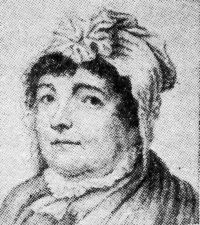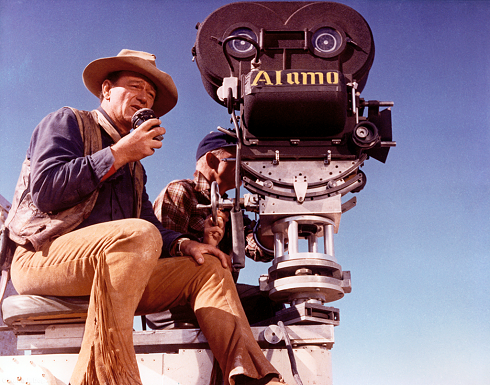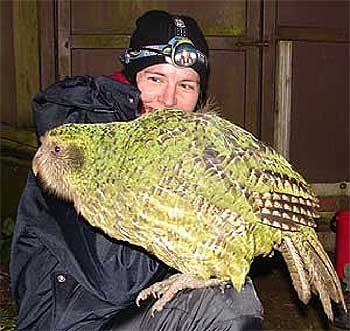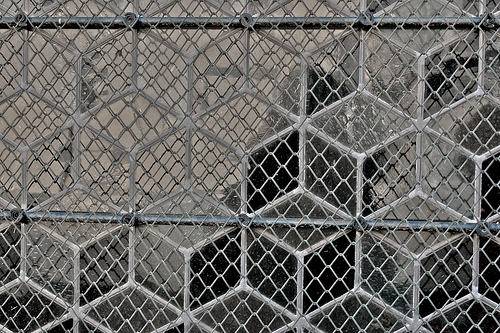Meet The Old Cult Leader, Same As The New Cult Leader
 It’s perhaps unsurprising that most cult leaders come out of a background of poverty – Manson was born to an unwed 16-year-old, and Jim Jones’ family was apparently heavily hit by the Great Depression – but it seems rarer to have a sect lead by a lady, as in the case of Joanna Southcott.
It’s perhaps unsurprising that most cult leaders come out of a background of poverty – Manson was born to an unwed 16-year-old, and Jim Jones’ family was apparently heavily hit by the Great Depression – but it seems rarer to have a sect lead by a lady, as in the case of Joanna Southcott.
From the wikipedia:
Her father was a farmer and she herself was for a considerable time a domestic servant in Exeter. She was originally of the Church of England, but about 1792, becoming persuaded that she possessed supernatural gifts, she wrote and dictated prophecies in rhyme, and then announced herself as the woman spoken of in Revelation
Not to be crass, but if I had to spend the majority of my days picking up in a house that wasn’t my own while having my bum pinched by it’s unruly owner, I too might consider digging up some prophecies and hitting the road.
Better yet, she had some luck in her new trade.
Her followers became numerous and in 1802 she settled in London and a chapel was opened for her followers. – Probert Encyclopaedia
Unfortunately, the prophet business is a lot like real estate: it doesn’t mean much unless you can close the sale and show results.
At the age of sixty four she affirmed that she was pregnant and would be delivered of the new Messiah, the Shiloh of Genesis – wikipedia
Although the baby never materialized, Joanna didn’t need to dodge the pointed questions of her followers for terribly long.
The official date of death is given as 27 December 1814; however, it is likely that she died the previous day, 26 December 1814, as her followers retained her body for some time, in the belief that she would be raised from the dead, and only agreed to its burial after it began to decay.
A whiff of decay wasn’t the only thing she’d left her people: she also imparted a trunk full of prophecies, with a suitably difficult bar to achieve before she might be proven wrong.
A final quote from the wikipedia:
She left a sealed wooden box of prophecies, usually known as Joanna Southcott’s Box, with the instruction that it be opened only at a time of national crisis, and then only in the presence of all twenty four bishops of the Church of England[…] Eventually in 1927 one reluctant prelate […] was persuaded to be present at the box’s opening, but it was found to contain only a few oddments and unimportant papers, among them a lottery ticket and a horse-pistol.

 Just one of those items that I hadn’t heard, and which I thought was worth mentioning:
Just one of those items that I hadn’t heard, and which I thought was worth mentioning:




 Who wouldn’t love to be able to send a besuited, and belligerent, Robert Downey Jr. into the heart of Japan’s crippled reactors to manhandle the unruly portions, and provide the flow of water necessary to reverse the current tragic trajectory?
Who wouldn’t love to be able to send a besuited, and belligerent, Robert Downey Jr. into the heart of Japan’s crippled reactors to manhandle the unruly portions, and provide the flow of water necessary to reverse the current tragic trajectory?

